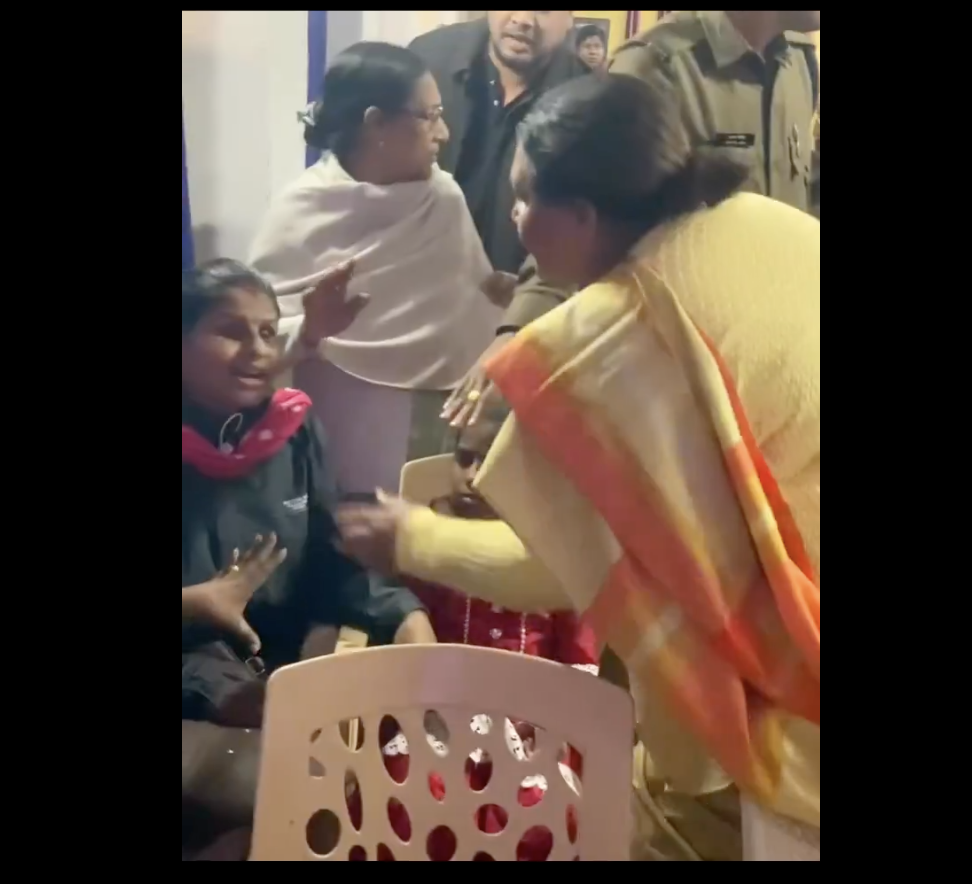
KADAPA, India (RNS) — A decade ago the residents of Kesalingayapalli, a village in the south Indian state of Andhra Pradesh, succeeded in building a temple to the Hindu god Ram, modeling their home as a place “rooted in Indian culture and tradition.”
Three years later, during the festival commemorating Ram’s birth, Bandi Venkatramana, a local farmer, erected an urgent red-and-white sign, known here as a saffron board, at the entrance to the quiet village.
It read: “In this village everyone is a Hindu, hence people of other religions can’t propagate their faith here. If someone violates this warning, stern action will be taken against them. If you convert to a different religion, it’s akin to changing your mother.”
Venkatramana is the district coordinator for Rashtriya Swayamsevak Sangh, a Hindu nationalist paramilitary organization and the ideological forebear of India’s ruling Bharatiya Janata Party. He said he wanted to send out a clear warning to non-Hindus entering this village.
“Muslims or Christian evangelists can’t enter our village to propagate their faith,” said Venkatramana, wearing a checked sarong. “If they persist despite our warnings, strict action is taken against them.”
Vekatramana’s efforts have borne fruit. Hindus in this village of 250 families surrounded by rice paddies and peanut fields have been asked to be vigilant in keeping Muslims and Christians out. Saffron flags printed with Hindu symbols and pictures of Ram flutter atop homes and tea shops. Caution boards deter non-Hindus from overstaying their social or work engagements. Interfaith work, or any activity understood as a threat to Hindu supremacy, is forbidden.
“Hindu dharma and commitment to nation-building are our primary goals,” says Ram Krishna Reddy, a tomato farmer. “We challenge those who challenge our Hindu ethos.”
The villagers say their main enemy is the “Christian evangelist who wants to brainwash poor and semiliterate Hindus, lure them with monetary and health benefits and convert them to Christianity,” according to one resident.
Several alleged that Christian missionaries have proliferated in Kadapa, the district in which Kesalingayapalli is located, establishing missions, churches, schools and clinics, posing a “serious threat” to India’s Hindu fabric.
This story was originally published in religionnews.com . Read the full story here






